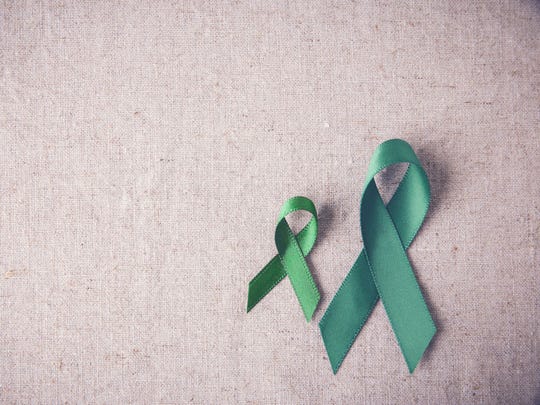
Paul Gionfriddo and Tom Starling, Guest Columnists, Nashville Tennessean
Tim has spent much of his five decades homeless — living on the streets of San Francisco, failed by the system time and time again.
Diagnosed with schizophrenia at age 5, the decisions that surrounded his treatment throughout his life caused a chain of neglect that ultimately led to him having a felony arrest record. That record makes it nearly impossible for him to find housing, much less a job.
You’ve seen someone like him on the streets of Nashville, maybe every day on your way to work.
Tim is my son. As the CEO of Mental Health America, I share his story often. Most people’s first question is: What can they do to help Tim or someone like him?
The answer is to think about what they could have done for Tim when he was 5 years old in elementary school or for others in his shoes showing signs of struggle at any age.
At Mental Health America, a community-based non-profit with two locations in Tennessee, we make it our mission to start treating mental illness before it reaches the crisis stage of the disease, before Tim and so many others end up in the criminal justice system or homeless shelters.
Imagine if we ignored cancer or heart disease before it reached Stage 4.

Mental health awareness ribbons (Photo: Getty Images/iStockphoto)
That’s why we are particularly concerned by the recent findings of the Nashville Community Health + Well-being Survey conducted by NashvilleHealth and the Metro Public Health Department. Davidson County residents self-report having 5.3 poor mental health days in a 30-day period.
This is a full day more than Nashville’s peer cities – Austin, Texas and Charlotte, N.C. — and outpaces the state and national average. Nashvillians who never graduated high school self-reported more than 10 poor mental health days each month, while those with a college degree reported an average of 4.8 poor mental health days.
This data represents the tip of the iceberg. If people are brave enough to tell us they are concerned about their own mental health, hidden with the anonymity of a survey, as a community we must address this cry for help.
The good news is Nashville is already taking steps to increase awareness and access to care. The Mental Health Cooperative opened a Crisis Treatment Center in Metro Center earlier this year that’s treats patients 24/7 at no cost. The new jail opening soon will have 60 new beds for people who come in with mental illness. We also have seven pre-arrest diversion programs across the state that help people with mental health needs who are arrested get the right treatment instead of more jail time.
While all of these programs are vitally important, we must treat the disease before it reaches Stage 4.
We have many opportunities to intervene earlier and Nashville is setting an example for other communities to follow. It starts with this unprecedented survey data that gives us a clear picture of what Nashvillians are dealing with.
This Friday, December 13, NashvilleHealth is convening a community wide conversation, Understanding Mental Health Needs and Collaborations for Care at Lipscomb University, as a way to discuss these new findings and raise awareness of the resources available.
We chose to participate on the panel for this event to encourage Nashville to focus on workplace wellness, early screenings, prevention and education.
We hope you will join us on December 13 to learn more about how we can collaborate as a community and work together to help advance mental health literacy, decrease the stigma and share responsibility and resources for our most vulnerable neighbors.
When a community comes together and looks at what could be done for people like my son before it’s too late, we can give people hope and ultimately change lives.
Learn more about workplace wellness and screenings here: www.mhamidsouth.org.
Find details about the All In Conversation on Health in Nashville and RSVP to the event here: nashvillehealth.org.
Paul Gionfriddo is the President and CEO of Mental Health America (MHA).
Tom Starling, EdD is the Chief Executive Officer Mental Health America of the MidSouth.
July Newsletter: Tracking Nashville’s Progress on Crisis Preparedness
June Newsletter: NashvilleHealth project named as Finalist for Robert Wood Johnson Foundation Prize
North Nashville, TN Selected as Finalist for Robert Wood Johnson Foundation Culture of Health Prize
Partner Spotlight: Q & A with The Nature Conservancy in Tennessee
NashvilleHealth creates a culture of health and wellbeing by serving as a convener to open dialogue, align resources and build smart strategic partnerships to create a bold plan for health and wellbeing in Nashville.
Check out our latest newsletterNorth Nashville, TN Selected as Finalist for Robert Wood Johnson Foundation Culture of Health Prize
Jun 9, 2023Partner Spotlight: Q & A with The Nature Conservancy in Tennessee
May 31, 2023Partner Spotlight: Q & A with The Metro Nashville Public School Office of School Health
Apr 28, 2023© Copyright 2019 NashvilleHealth

